
Awasa: The Jewel of Ethiopia's Rift Valley
Awasa, also spelled Hawassa, is a vibrant city nestled in the heart of Ethiopia's Great Rift Valley. Renowned for its stunning landscapes, the city is set on the shores of Lake Awasa, a serene freshwater lake teeming with wildlife and surrounded by lush greenery. The city's natural beauty is complemented by a lively atmosphere, making it a perfect getaway for nature enthusiasts and culture seekers alike. One of the main attractions in Awasa is the lake itself. Visitors can enjoy a peaceful boat ride, go bird watching, or simply relax by the shore and take in the breathtaking views. The lake is home to a variety of bird species, including pelicans, storks, and kingfishers, making it a paradise for ornithologists. Additionally, hippos can often be spotted lounging in the water, adding to the lake's charm. The bustling Awasa Fish Market offers a unique glimpse into the daily life of the locals. Here, tourists can watch fishermen bring in their fresh catch of the day and even sample some of the delicious fish dishes prepared on the spot. The market is also a great place to find local crafts and souvenirs. For those interested in cultural experiences, Awasa's vibrant nightlife and local festivals provide plenty of opportunities to immerse oneself in Ethiopian traditions. The city hosts several annual events, including the colorful Timkat celebration, which is marked by lively processions and water rituals. Nature lovers will also appreciate the nearby Wondo Genet, a forested area known for its hot springs and rich biodiversity. It's an ideal spot for hiking, bird watching, and enjoying the therapeutic benefits of the natural hot springs.
Local tips in Awasa
- Visit the fish market early in the morning to see the freshest catches and experience the vibrant local atmosphere.
- Bring binoculars for bird watching around Lake Awasa, as the area is rich in diverse bird species.
- Stay hydrated and wear sunscreen, especially when exploring outdoor attractions like Wondo Genet.
- Consider hiring a local guide for a more in-depth understanding of the area's history and natural wonders.
- Try traditional Ethiopian dishes at local restaurants to get a taste of the region's culinary delights.
Awasa: The Jewel of Ethiopia's Rift Valley
Awasa, also spelled Hawassa, is a vibrant city nestled in the heart of Ethiopia's Great Rift Valley. Renowned for its stunning landscapes, the city is set on the shores of Lake Awasa, a serene freshwater lake teeming with wildlife and surrounded by lush greenery. The city's natural beauty is complemented by a lively atmosphere, making it a perfect getaway for nature enthusiasts and culture seekers alike. One of the main attractions in Awasa is the lake itself. Visitors can enjoy a peaceful boat ride, go bird watching, or simply relax by the shore and take in the breathtaking views. The lake is home to a variety of bird species, including pelicans, storks, and kingfishers, making it a paradise for ornithologists. Additionally, hippos can often be spotted lounging in the water, adding to the lake's charm. The bustling Awasa Fish Market offers a unique glimpse into the daily life of the locals. Here, tourists can watch fishermen bring in their fresh catch of the day and even sample some of the delicious fish dishes prepared on the spot. The market is also a great place to find local crafts and souvenirs. For those interested in cultural experiences, Awasa's vibrant nightlife and local festivals provide plenty of opportunities to immerse oneself in Ethiopian traditions. The city hosts several annual events, including the colorful Timkat celebration, which is marked by lively processions and water rituals. Nature lovers will also appreciate the nearby Wondo Genet, a forested area known for its hot springs and rich biodiversity. It's an ideal spot for hiking, bird watching, and enjoying the therapeutic benefits of the natural hot springs.
When is the best time to go to Awasa?
Iconic landmarks you can’t miss
Haile Resort - Hawassa
Discover luxury and serenity at Haile Resort in Hawassa, your perfect getaway by Lake Hawassa, blending comfort, adventure, and breathtaking views.
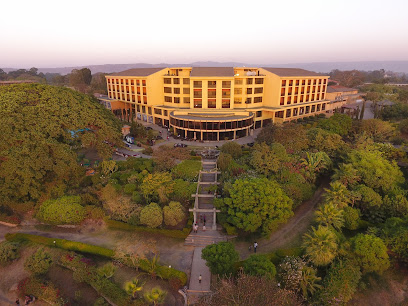
ሌዊ ሪዞርት / Lewi Resort
Discover the stunning beauty and tranquility of Lewi Resort in Hawassa, Ethiopia, a perfect getaway for relaxation and scenic views.

South Star International Hotel
Discover comfort and luxury at South Star International Hotel in Hawassa, Ethiopia, your perfect gateway to explore breathtaking landscapes and rich culture.
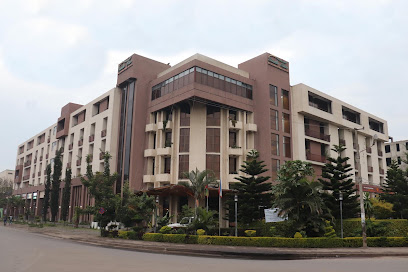
Amora Gedel Park
Explore the lush landscapes and vibrant wildlife of Amora Gedel Park, a serene national park in Hawassa, Ethiopia, perfect for nature lovers and adventure seekers.
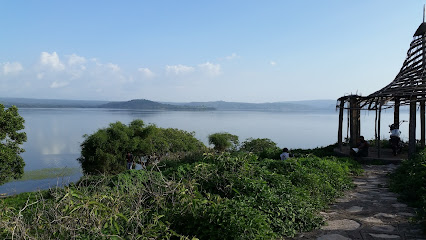
Lake Awasa
Experience the serene beauty, rich biodiversity, and vibrant culture at Lake Awasa, a must-visit destination in Ethiopia.
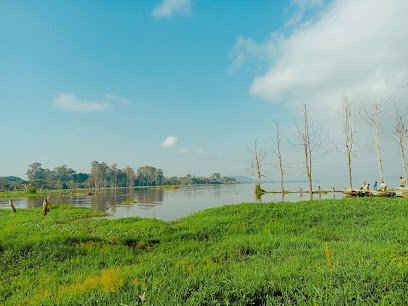
Heron International Hotel Hawassa | ሄሮን ሆቴል
Discover luxury and local charm at Heron International Hotel Hawassa, your perfect retreat by the enchanting shores of Lake Hawassa.

ሀዋሳ ሌክቪው ሆቴል / Hawassa Lake View Hotel
Discover the serene beauty of Lake Hawassa at Hawassa Lake View Hotel, where comfort meets nature in a stunning Ethiopian retreat.
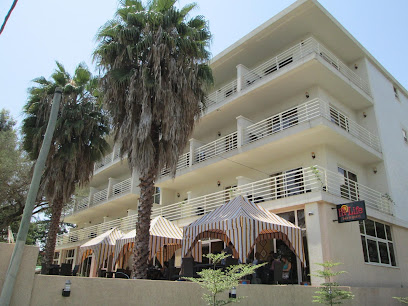
Ker-Awud International Hotel Hawassa
Experience the elegance of Ker-Awud International Hotel in Hawassa, where luxury meets authentic Ethiopian hospitality for an unforgettable stay.
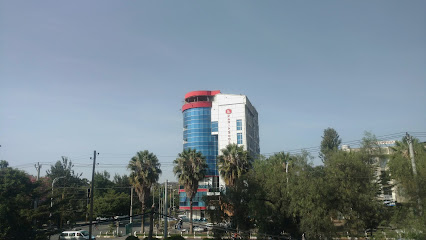
ጎዶሊያስ ኢንተርናሽናል ሆቴል / Godolias International Hotel
Discover the charm of Hawassa at Godolias International Hotel, your perfect retreat in Ethiopia's stunning Southern Region, blending comfort with local culture.
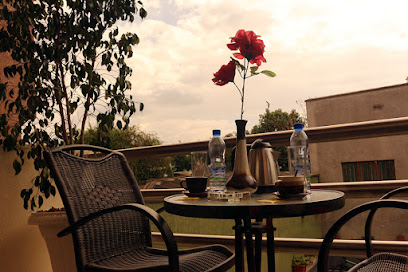
Kerawi International Hotel
Discover luxury and comfort at Kerawi International Hotel in Hawassa, where modern amenities meet stunning views of Lake Hawassa.

Haroni International Hotel
Experience the charm and comfort of Haroni International Hotel in the heart of Hawassa, offering ideal accommodations for your Ethiopian adventure.
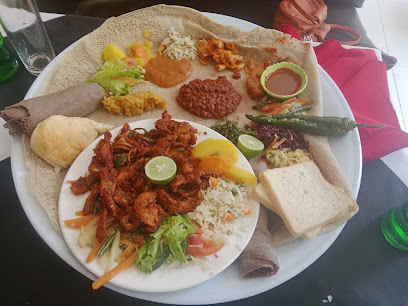
Hawassa, Ethiopia
Explore the enchanting city of Hawassa, Ethiopia, where nature, culture, and hospitality come together for an unforgettable travel experience.
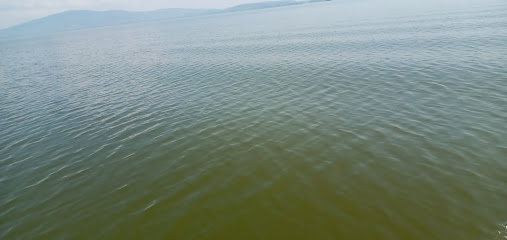
ethiopia,hawassa
Experience the delightful flavors of traditional Ethiopian pastries at Hawassa's charming bakery, a must-visit for tourists seeking local treats.
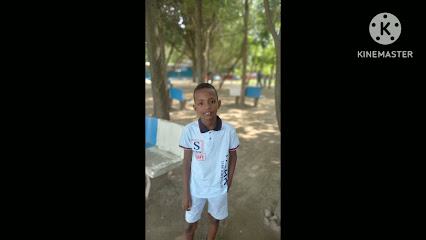
United Africa Group Hotel
Experience the serene beauty and vibrant culture of Hawassa at the United Africa Group Hotel, your perfect lakeside retreat in Ethiopia.

Meskel Squere
Experience the vibrant culture and community spirit at Meskel Square in Hawassa, Ethiopia, a must-visit destination for every traveler.
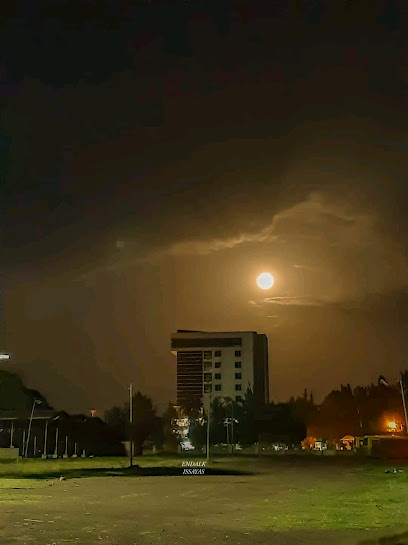
Unmissable attractions to see
Amora Gedel Park
Experience the beauty of nature at Amora Gedel Park, a serene national park in Hawassa, Ethiopia, perfect for relaxation and exploration.
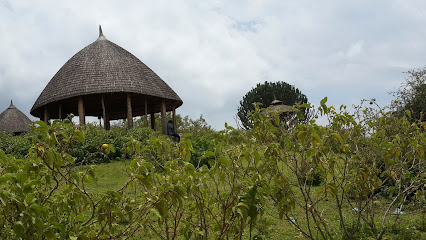
Tabor Mountain
Explore the breathtaking landscapes and serene vibes of Tabor Mountain near Hawassa, a must-visit tourist attraction in Ethiopia.
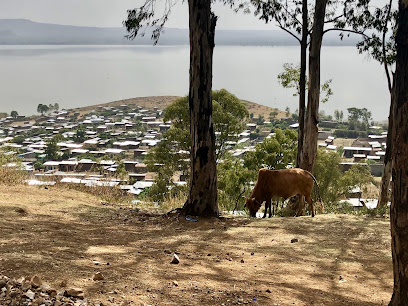
Hawassa Lake
Discover the serene beauty of Hawassa Lake, a picturesque destination in Ethiopia perfect for relaxation, adventure, and cultural immersion.
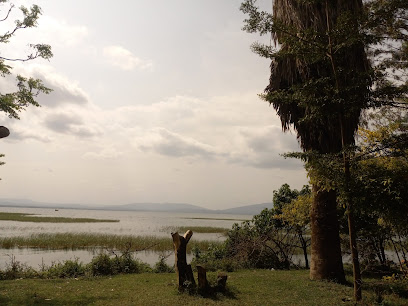
Park
Explore the serene beauty of Hawassa Park, a natural oasis in Ethiopia, perfect for relaxation, picnics, and immersing in local culture.
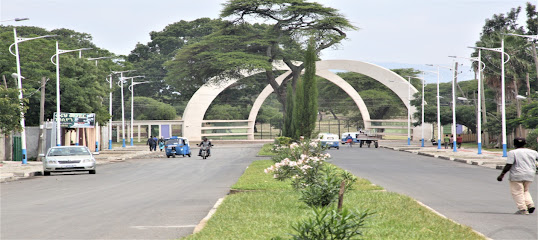
CUKUR MENDER
Discover the breathtaking trails of Cukur Mender, Awasa, where natural beauty and adventure await in the heart of Ethiopia's wilderness.

adenhakore
Discover the tranquil beauty of Adenhakore Garden in Hawassa, Ethiopia—an enchanting escape into nature's vibrant embrace.
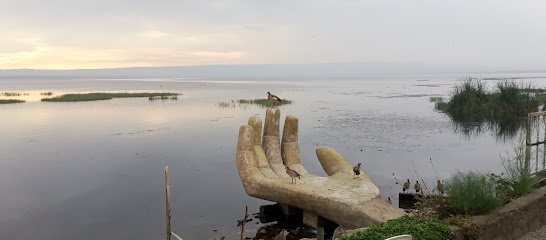
MUSE BETESHU FARM
Experience the serenity and cultural richness of rural Ethiopia at Muse Beteshu Farm, a hidden gem in Fura offering authentic agricultural insights.
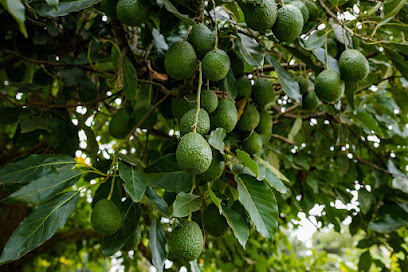
Alamura Mountain
Explore the breathtaking beauty of Alamura Mountain, a serene tourist attraction near Hawassa, Ethiopia, perfect for hiking and photography.
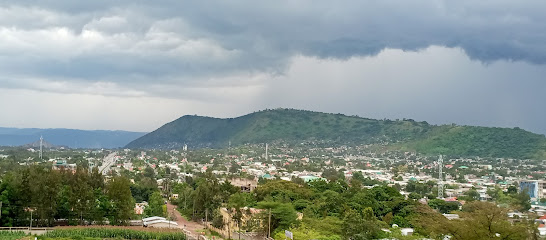
Bekele and Shewaye Garden
Discover the enchanting beauty of Bekele and Shewaye Garden in Hawassa, a perfect retreat for nature lovers and families seeking tranquility.
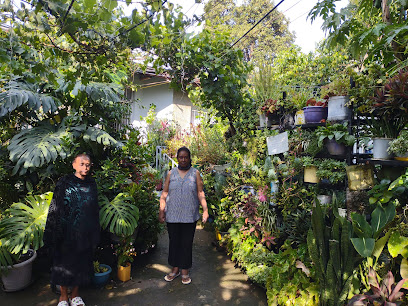
Esatu ደብረወርቅ ሜዳ
Explore the serene beauty of Esatu Garden in Hawassa, a lush green oasis perfect for relaxation, photography, and nature lovers.
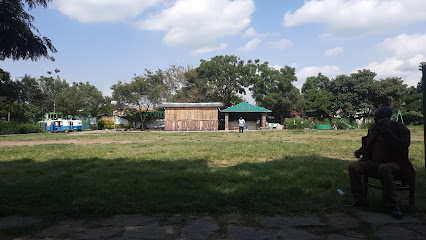
Side Tabor Lake ታቦር ሐይቅ ሀዋሳ
Experience the tranquil beauty of Side Tabor Lake in Hawassa, Ethiopia, a serene escape surrounded by lush landscapes and breathtaking views.
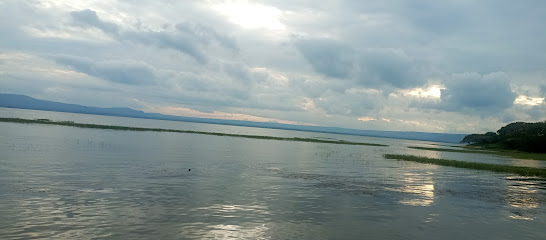
2pac sunset view
Experience breathtaking sunsets and serene landscapes at 2Pac Sunset View in Hawassa, Ethiopia, a perfect escape for nature lovers and photographers.
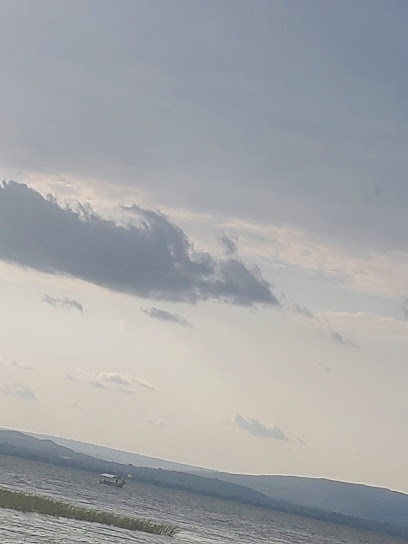
Nasir
Explore the vibrant culture and stunning landscapes of Nasir, a captivating tourist attraction in Shashemene, Ethiopia.

Zege
Explore Zege, a stunning destination by Lake Tana, rich in culture and natural beauty, perfect for an unforgettable travel experience in Ethiopia.
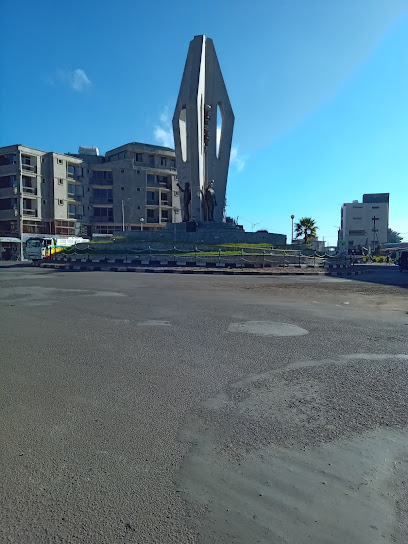
ወጣቶች መአከል
Discover the stunning parks and vibrant culture of Hawassa, a beautiful lakeside city in southern Ethiopia, perfect for relaxation and exploration.
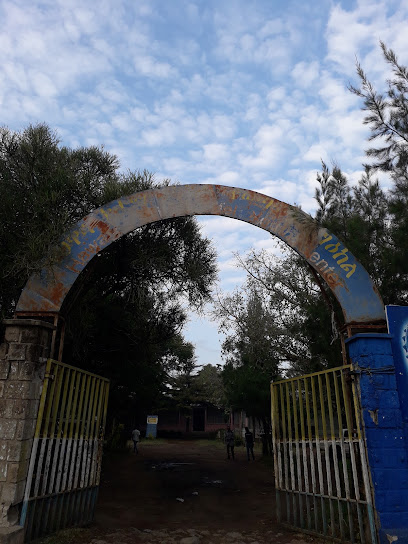
Essential places to dine
Venezia - Italian Restaurant
Savor authentic Italian cuisine at Venezia in Hawassa – where every meal is a culinary journey through Italy.
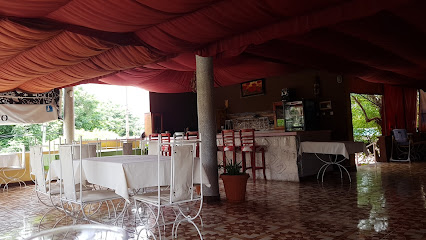
Dolce Vita Italian Restaurant
Experience the essence of Italy at Dolce Vita Italian Restaurant in Hawassa - where every meal is a celebration of authentic flavors.
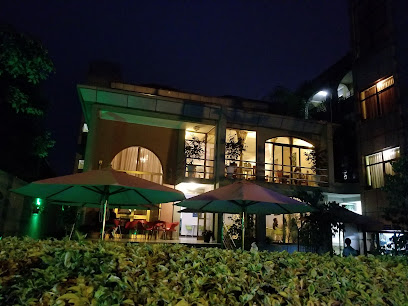
Pinna Restaurant
Experience authentic Ethiopian cuisine at Pinna Restaurant in Hawassa, where delicious flavors meet warm hospitality.
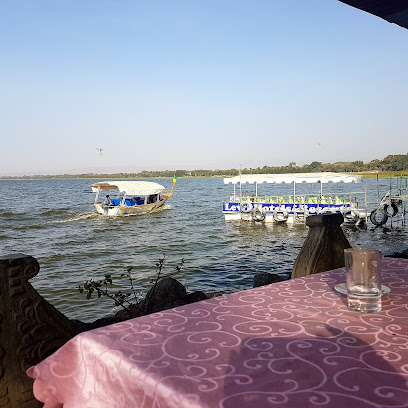
Fenet Gurage kettefo
Experience authentic Ethiopian cuisine at Fenet Gurage Kettefo in Hawassa – a culinary journey filled with rich flavors and warm hospitality.
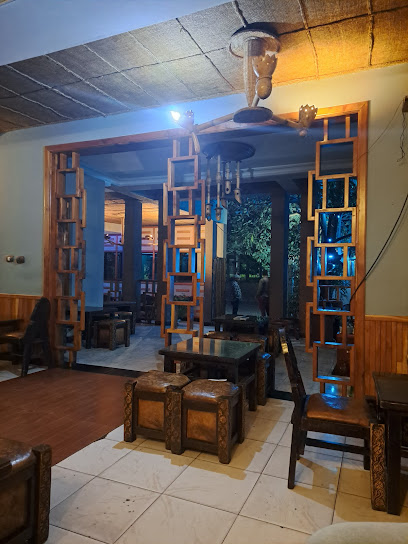
Gored Gored Restaurant
Experience authentic Ethiopian cuisine at Gored Gored Restaurant in Hawassa - where tradition meets taste.
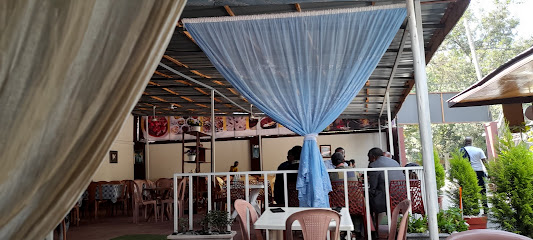
Atote Cafe and Restaurant
Discover the rich flavors of Ethiopia at Atote Cafe and Restaurant in Hawassa - where culinary tradition meets modern dining.
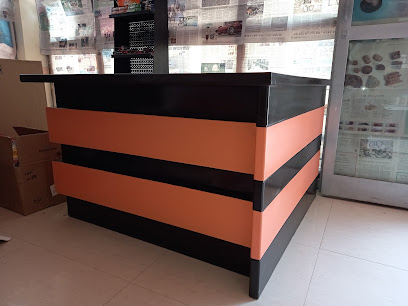
Yitem kitfo
Experience authentic Ethiopian cuisine at Yitem Kitfo in Hawassa—where tradition meets flavor in every bite.
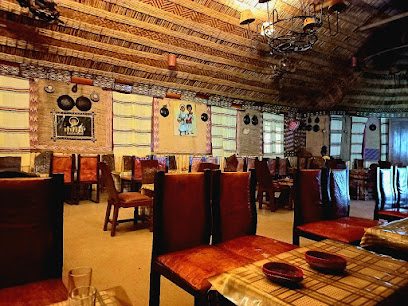
Zegeye Bar & Restaurant - kurt bet
Discover authentic Ethiopian cuisine at Zegeye Bar & Restaurant in Awasa - where local flavors meet vibrant atmosphere.
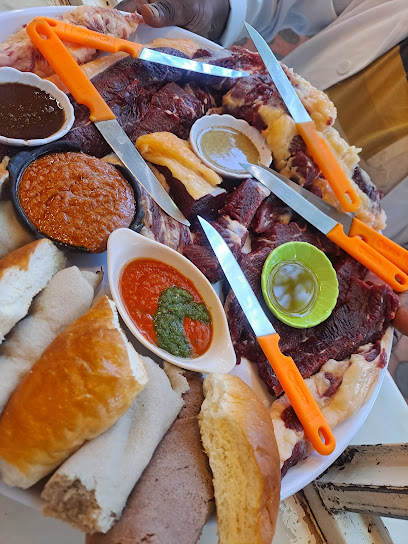
Haile resort - Restourant
Experience exceptional Western cuisine amidst stunning views at Haile Resort Restaurant in Hawassa - a culinary gem for every traveler.
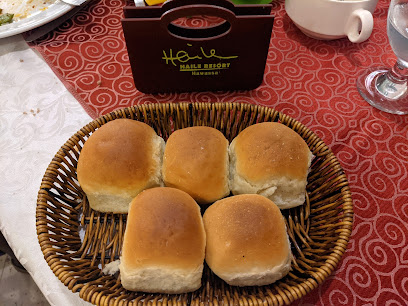
Terara Bar And Kitchen
Discover the rich flavors of Ethiopia at Terara Bar And Kitchen in Hawassa – where every meal tells a story.
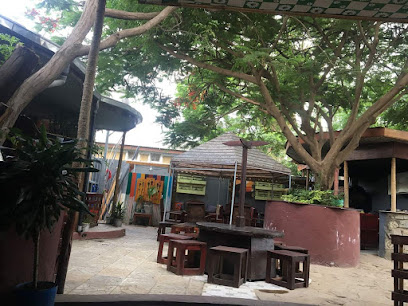
ሀበሻ ሆቴል / Habesha Restaurant
Savor the essence of Ethiopia at Habesha Restaurant in Hawassa—where every dish tells a story.
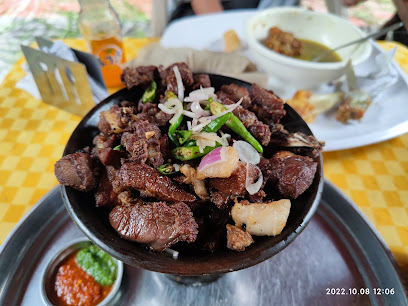
Gebre Restaurant & Sports Bar
Discover exquisite dining at Gebre Restaurant & Sports Bar in Hawassa—where local flavors meet international cuisine in a lively atmosphere.
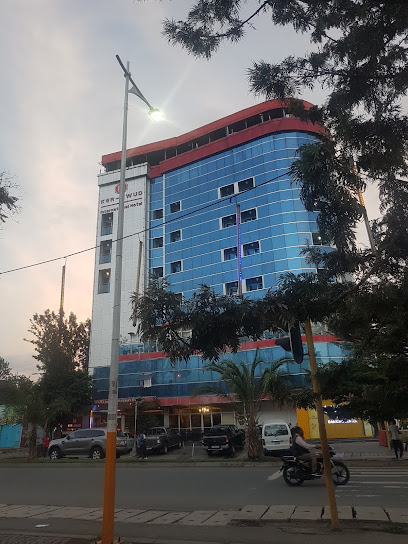
Daite Cultural Restaurant
Discover the authentic flavors of Ethiopia at Daite Cultural Restaurant in Hawassa, where culinary tradition meets vibrant culture.
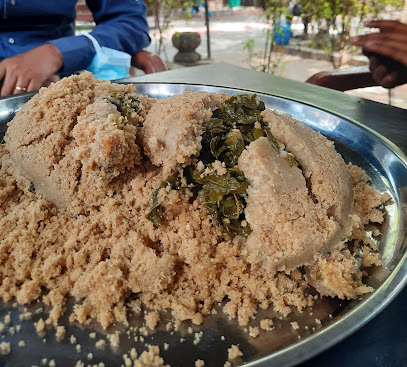
Wome Bar And Restaurant
Discover the vibrant tastes of Ethiopia at Wome Bar And Restaurant in Hawassa, where every meal is a celebration of local culture.
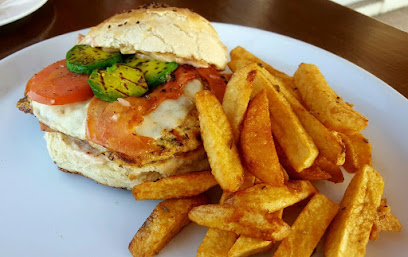
05 bar and restaurant
Discover the vibrant flavors of Ethiopia at 05 Bar and Restaurant in Hawassa - where culinary excellence meets breathtaking views.

Markets, malls and hidden boutiques
Safeway Supermarket
Discover local flavors and everyday essentials at Safeway Supermarket, Awasa's shopping gem for tourists seeking authentic Ethiopian products.
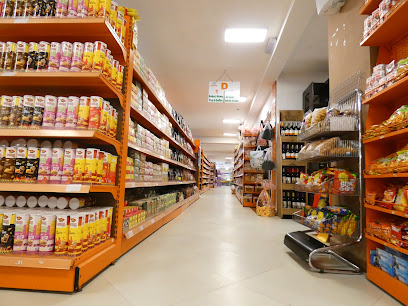
Siyamr shop
Explore the vibrant Siyamr Shop in Hawassa for unique souvenirs, local crafts, and a lively shopping atmosphere that captures the essence of Ethiopia.

HawassaOnline
Explore the vibrant shopping scene at HawassaOnline, where local culture meets modern retail in the heart of Hawassa.

Amen Collection
Explore the vibrant Amen Collection in Hawassa, where local crafts and authentic Ethiopian culture come together in a unique shopping experience.
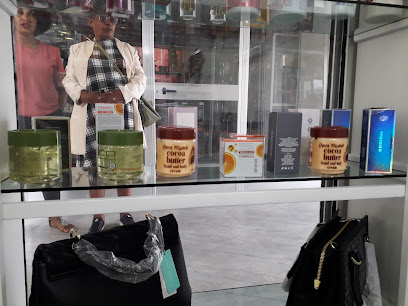
Efesol Furnicher
Explore Efesol Furnicher in Hawassa for unique home goods and handcrafted treasures that reflect Ethiopia's rich culture and artistry.

girma moges
Explore the vibrant culture of Ethiopia at Girma Moges, a unique home goods store in Hawassa offering locally crafted treasures.
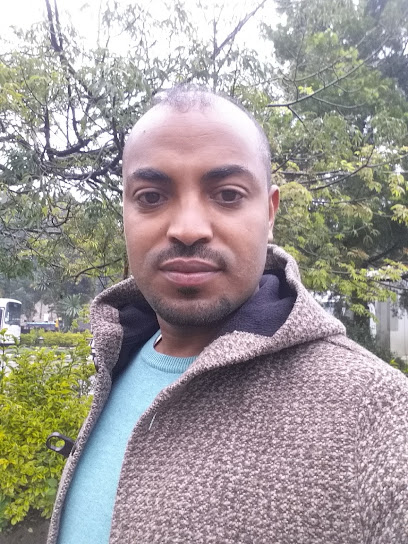
Mobile Sale
Experience the vibrant shopping scene at Mobile Sale in Hawassa, where local culture meets diverse shopping and delicious cuisine.

Behabtwa sports' wear shop
Discover top-quality sports gear at Behabtwa Sports' Wear Shop in Hawassa, where local craftsmanship meets active lifestyle.

Charis Gift Shop
Discover unique Ethiopian crafts and souvenirs at Charis Gift Shop in Hawassa, a must-visit destination for enriching your travel experience.
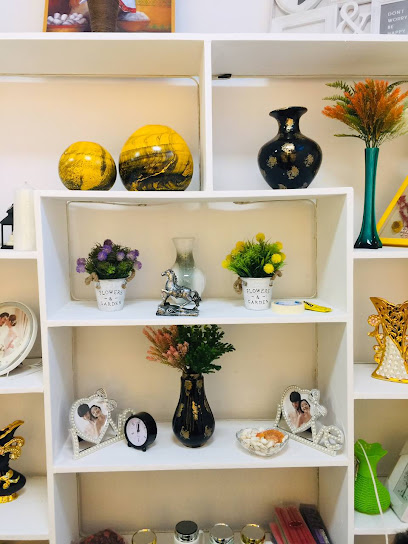
አዲስ ፋሽን || AddisFashion
Explore unique clothing and accessories at AddisFashion, a vibrant clothing store in Hawassa showcasing Ethiopian style and craftsmanship.
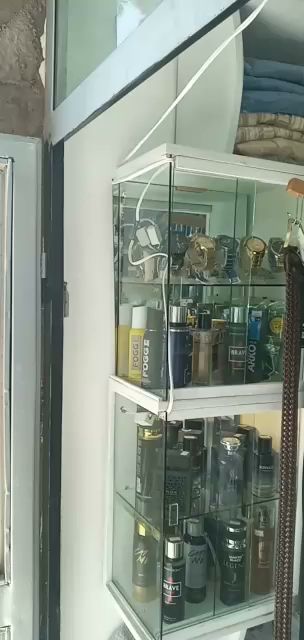
Dama Hawassa Furniture
Explore exquisite craftsmanship and unique designs at Dama Hawassa Furniture, the premier furniture store in Hawassa, Ethiopia.
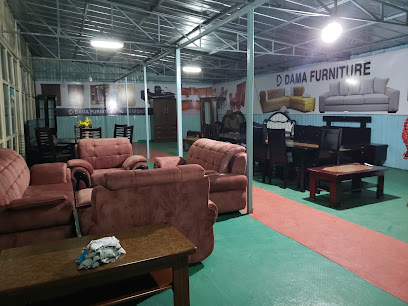
Cheers liquor
Discover the delightful selection of beverages at Cheers Liquor in Hawassa, where local flavors meet warm hospitality.

ADDIS
Experience the cultural heartbeat of Hawassa at Addis Shopping Mall, where shopping meets local tradition and delicious Ethiopian cuisine.
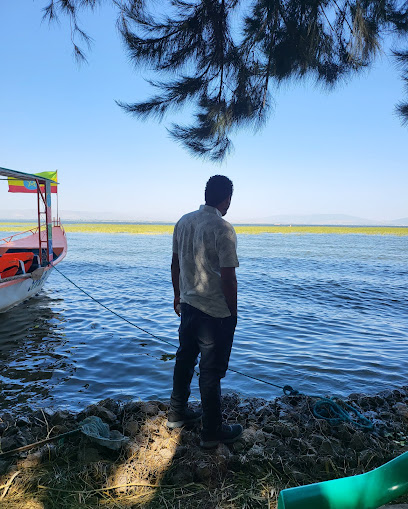
Sun
Discover the vibrant marketplace of Hawassa, where culture, commerce, and community come alive in a unique Ethiopian experience.

Asre & Almu shoe store
Discover the perfect blend of style and comfort at Asre & Almu Shoe Store in Hawassa, where every step is a fashion statement.

Essential bars & hidden hideouts
Golet Beer Garden
Discover the vibrant atmosphere of Golet Beer Garden in Hawassa, where local brews and delicious cuisine meet Ethiopian hospitality.
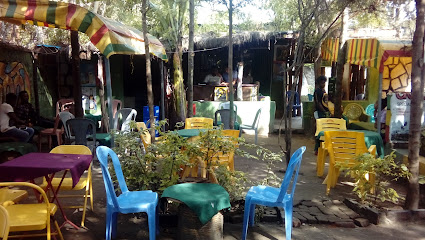
ሉዋ ባር እና ሬስቶራንት / Luwa Bar & Restaurant
Savor the essence of Ethiopia at Luwa Bar & Restaurant in Hawassa, where traditional flavors meet a vibrant atmosphere.
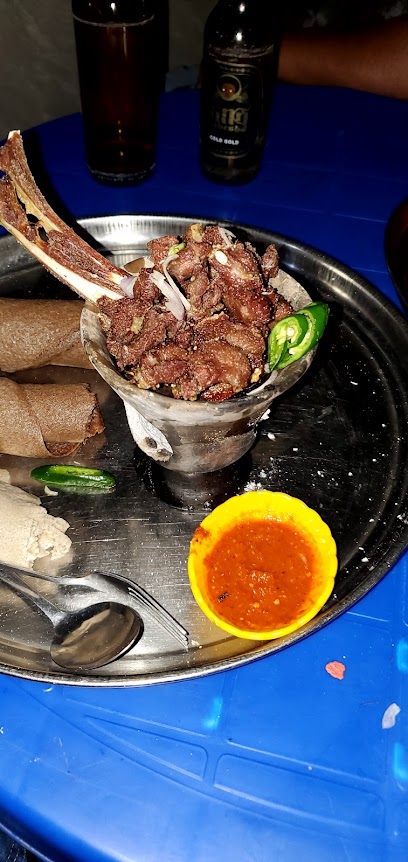
Enjori Lounge
Discover the vibrant nightlife at Enjori Lounge, a premier bar in Hawassa, offering a diverse drink selection and lively ambiance for all visitors.
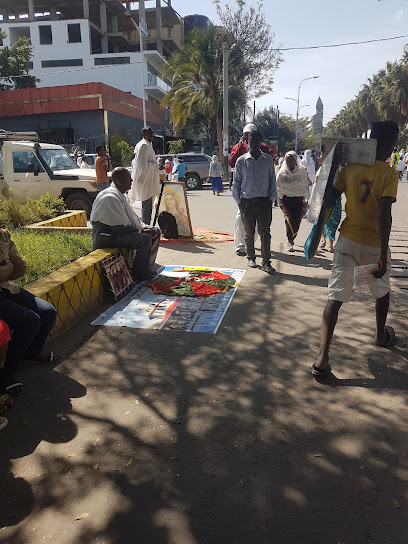
Todo Bar & Restaurant
Experience the best of Ethiopian grilling at Todo Bar & Restaurant in Hawassa, where flavorful dishes meet a warm, inviting atmosphere.
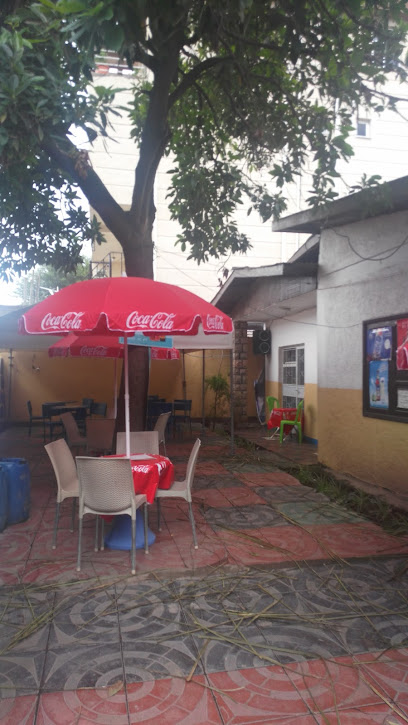
Marti Lounge
Experience the charm of Awasa at Marti Lounge, where relaxation meets local culture in a cozy and inviting atmosphere.
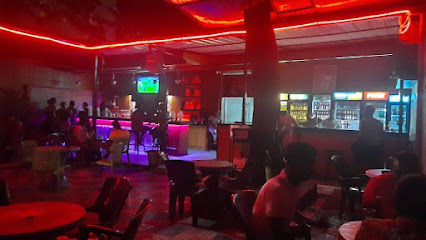
Befikir Bar and Restaurant
Experience the vibrant social scene at Befikir Bar and Restaurant in Hawassa, where great drinks and local culture come together.

Hawassa
Experience the vibrant culture and stunning nature of Hawassa, Ethiopia's lakeside gem, where local flavors and warm hospitality await.

5 Star Club
Discover the lively 5 Star Club in Hawassa, where great music, vibrant crowds, and unforgettable nights await.
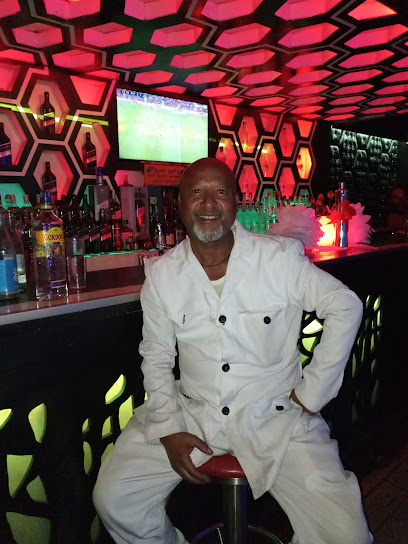
HAVANA LOUNGE
Experience the vibrant atmosphere of Havana Lounge in Hawassa, a perfect spot for relaxation and local hospitality after a day of exploration.
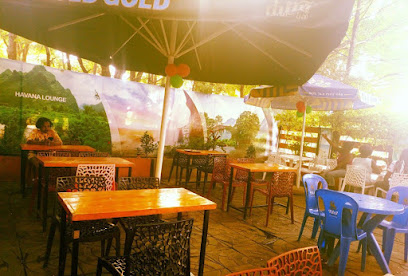
WhatAburger
Experience the vibrant local culture at WhatAburger in Hawassa, where great drinks and a lively atmosphere await.
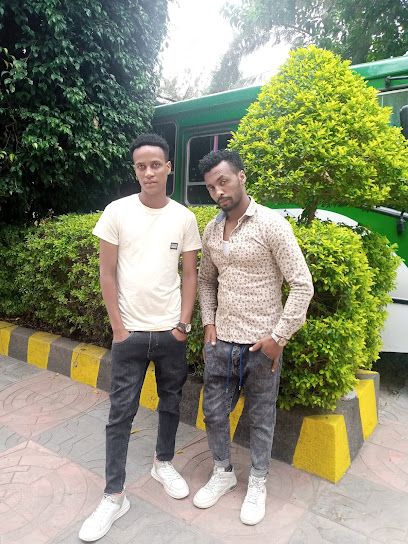
WEHE BAR AND RESTAURANT
Discover the vibrant Wehe Bar and Restaurant in Awasa, a perfect blend of local cuisine and lively atmosphere for a memorable dining experience.

ሺ ሰማንያ (1080) Shi semanya Bar and Resturant
Discover the lively Shi Semanya Bar and Restaurant in Hawassa, where Ethiopian flavors and vibrant atmosphere come together for an unforgettable experience.
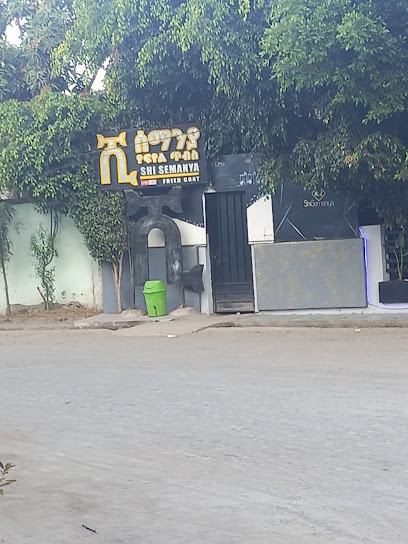
Shewa Grosery
Discover local drinks and a warm atmosphere at Shewa Grocery, the perfect bar to unwind in the heart of Hawassa, Ethiopia.

High Five Lounge
Experience the vibrant culture of Hawassa at High Five Lounge, where style meets relaxation in a chic atmosphere.

Local Phrases
-
- HelloSelam
[suh-lahm] - GoodbyeDehena
[deh-heh-nah] - YesEyo
[ey-yoh] - NoAyeh
[ah-yeh] - Please/You're welcomeMin yametnew
[meen yah-met-new] - Thank youAmeseginalehu
[ah-meh-sheg-gin-ah-leh-hoo] - Excuse me/SorryYikirta
[yee-keer-tah] - How are you?Endet neh?
[en-det neh] - Fine. And you?Dehna neh? Ande?
[deh-nah neh? ahn-deh?] - Do you speak English?Inglizegna new?
[een-glee-zeg-nah new] - I don't understandManew behone?
[mah-new beh-hoh-neh]
- HelloSelam
-
- I'd like to see the menu, pleaseMenu yemiyamesh?
[meh-noo yeh-mee-yah-mesh] - I don't eat meatNege yematat bicha
[neh-geh yeh-mah-taht bee-chah] - Cheers!Chin chin
[cheen cheen] - I would like to pay, pleaseMitegna nay?
[mee-teg-nah nigh]
- I'd like to see the menu, pleaseMenu yemiyamesh?
-
- Help!Selam
[suh-lahm] - Go away!Mist neger!
[meest neh-geh-r] - Call the Police!Sefera liqitoch ale!
[seh-feh-rah lee-kee-toch ah-leh] - Call a doctor!Beten ale!
[beh-ten ah-leh] - I'm lostNekiru
[neh-kee-roo] - I'm illTemar new
[teh-mahr new]
- Help!Selam
-
- I'd like to buy...Tena yegeba...
[teh-nah yeh-geh-bah] - I'm just lookingTena yemilut...
[teh-nah yeh-mee-loot] - How much is it?New yaleh?
[new yah-leh] - That's too expensiveBilo yemiyagetaw
[bee-loh yeh-mee-yah-geh-tahw] - Can you lower the price?Metegegna yesetegnalu?
[meh-teg-nah yeh-seh-teg-nah-loo]
- I'd like to buy...Tena yegeba...
-
- What time is it?Yemitawekew?
[yeh-mee-tah-weh-kew] - It's one o'clockAnd nesh
[ah-nd neh-sh] - Half past (10)Yesh nesh
[yeh-sh neh-sh] - MorningKokit
[koh-keet] - AfternoonHulu
[hoo-loo] - EveningAtsat
[ah-tsaht] - YesterdayDena
[deh-nah] - TodayLezelalem
[leh-zeh-lah-lem] - TomorrowNech
[neh-ch] - 1And
[ah-nd] - 2Hulet
[hoo-let] - 3Sost
[sohst] - 4Arat
[ah-raht] - 5Amist
[ah-mist] - 6Siden
[see-dehn] - 7Sebat
[seh-baht] - 8Semen
[seh-men] - 9Zetegn
[zeh-teg-n] - 10Asir
[ah-seer]
- What time is it?Yemitawekew?
-
- Where's a/the...?...-n yawkal?
[...-n yah-oo-kahl] - What's the address?Wondoch yawkal?
[wohn-doh-ch yah-oo-kahl] - Can you show me (on the map)?Wega ala?
[weh-gah ah-lah] - When's the next (bus)?Bisrat yawkal?
[bee-sraht yah-oo-kahl] - A ticket (to ....)Tiket (....)
[tee-ket]
- Where's a/the...?...-n yawkal?
History of Awasa
-
Awasa, located in the Great Rift Valley of Ethiopia, has been inhabited for centuries. The city lies on the shores of Lake Awasa, which has provided sustenance and livelihood to the indigenous Sidama people. Archaeological evidence suggests that the region has been a hub of human activity for millennia, with ancient tools and artifacts found in the surrounding areas.
-
Awasa was officially founded during the reign of Emperor Haile Selassie in the early 20th century. It was initially established as a military outpost and administrative center. The strategic location of Awasa, coupled with its rich natural resources, quickly attracted settlers, merchants, and government officials, laying the foundation for its rapid growth.
-
Awasa is the capital of the Southern Nations, Nationalities, and Peoples' Region (SNNPR) and serves as the administrative center for the Sidama Zone. The city has played a crucial role in the political and cultural development of the Sidama people, who have a rich tradition of music, dance, and oral history. The region is also known for its coffee production, one of Ethiopia's most famous exports.
-
Since its establishment, Awasa has become an economic hub in southern Ethiopia. The city's economy is primarily based on agriculture, with coffee being the most significant crop. In recent decades, Awasa has seen substantial growth in trade, industry, and tourism. The construction of modern infrastructure, such as the Awasa International Airport, has further boosted the city's economic prospects.
-
Awasa is home to several cultural landmarks, including the Sidama Cultural Hall, which showcases the rich heritage of the Sidama people. The city also hosts various festivals throughout the year, such as the Fichee-Chambalaalla, a New Year celebration recognized by UNESCO as an intangible cultural heritage of humanity. These events attract visitors from all over Ethiopia and beyond, highlighting the city's vibrant cultural scene.
-
Lake Awasa is a central feature of the city and plays a vital role in its ecology. The lake supports a variety of wildlife, including hippos and numerous bird species, making it a popular destination for eco-tourism. Efforts have been made to preserve the lake and surrounding environment, balancing development with ecological sustainability. The city's parks and green spaces, such as the Amora Gedel Park, provide residents and visitors with a natural retreat.
Awasa Essentials
-
Awasa, also known as Hawassa, is located approximately 275 kilometers south of Addis Ababa, Ethiopia's capital. The most convenient way to reach Awasa is by road. You can take a bus from the Meskel Square bus terminal in Addis Ababa, which offers both minibuses and larger buses. The journey typically takes around 4 to 5 hours. Alternatively, you can hire a private car or take a domestic flight to the nearby Hawassa Airport, though flights are less frequent.
-
Within Awasa, transportation options include taxis, bajajs (three-wheeled auto-rickshaws), and local minibuses. Taxis are available throughout the city and are a convenient mode of transport for short distances. Bajajs are popular for quick and inexpensive trips around town. Minibuses operate on fixed routes and are the most economical option, though they can be crowded. For a more flexible option, consider renting a car, but be mindful of local driving conditions.
-
The official currency in Ethiopia is the Ethiopian Birr (ETB). Credit cards are accepted in some hotels, restaurants, and larger stores in Awasa, but it's advisable to carry cash for smaller establishments and local markets. ATMs are available in the city, particularly in banks and shopping centers. It is recommended to withdraw sufficient cash before venturing into more remote areas.
-
Awasa is generally safe for tourists, but it's important to take standard precautions. Areas such as the bus terminals can be hotspots for pickpocketing, so keep an eye on your belongings. Avoid walking alone at night, especially in less populated areas. The neighborhood around Awasa Lake is generally safe during the day but should be approached with caution at night. Always use reputable transportation services and avoid displaying valuables openly.
-
In case of emergency, dial the national emergency number 911 for police, fire, and medical assistance. Awasa's main hospital, Hawassa Referral Hospital, provides medical services and emergency care. Pharmacies are available throughout the city for over-the-counter medications. It's highly recommended to have travel insurance that covers medical emergencies. For assistance, you can also contact your country's embassy in Addis Ababa.
-
Fashion: Do dress modestly, especially when visiting religious sites. Avoid wearing revealing clothing. Religion: Do respect local customs and traditions. Always remove your shoes when entering churches and mosques. Public Transport: Do be respectful and give up your seat to elderly passengers. Don't eat or drink on public transport. Greetings: Do greet people with a handshake, and use your right hand when giving or receiving items. Eating & Drinking: Do try local dishes and accept food offerings graciously. Don't refuse hospitality, as it is considered impolite. Avoid eating with your left hand, as it is considered unclean.
-
To experience Awasa like a local, visit the Sidamo Cultural Village to learn about the traditional Sidama culture. Enjoy a stroll along the shores of Lake Awasa and visit the fish market, where you can watch local fishermen at work and sample fresh fish. Engage with locals; they are often friendly and willing to share stories about the city's history and culture. For a unique experience, take a boat ride on Lake Awasa to see hippos and a variety of bird species.
Trending Landmark in Awasa
-
Haile Resort - Hawassa
-
ሌዊ ሪዞርት / Lewi Resort
-
South Star International Hotel
-
Amora Gedel Park
-
Lake Awasa
-
Heron International Hotel Hawassa | ሄሮን ሆቴል
-
ሀዋሳ ሌክቪው ሆቴል / Hawassa Lake View Hotel
-
Ker-Awud International Hotel Hawassa
-
ጎዶሊያስ ኢንተርናሽናል ሆቴል / Godolias International Hotel
-
Kerawi International Hotel
-
Haroni International Hotel
-
Hawassa, Ethiopia
-
ethiopia,hawassa
-
United Africa Group Hotel
-
Meskel Squere
Nearby Cities to Awasa
-
Things To Do in Arba Minch
-
Things To Do in Addis Ababa
-
Things To Do in Jinka
-
Things To Do in Debre Markos
-
Things To Do in Dire Dawa
-
Things To Do in Harar
-
Things To Do in Bahir Dar
-
Things To Do in Lalibela
-
Things To Do in Dikhil
-
Things To Do in Gondar
-
Things To Do in Ali Sabieh
-
Things To Do in Hargeisa
-
Things To Do in Arta
-
Things To Do in Tadjoura
-
Things To Do in Loyada







